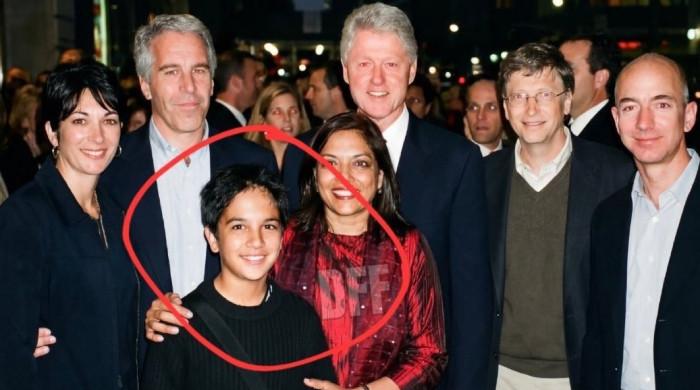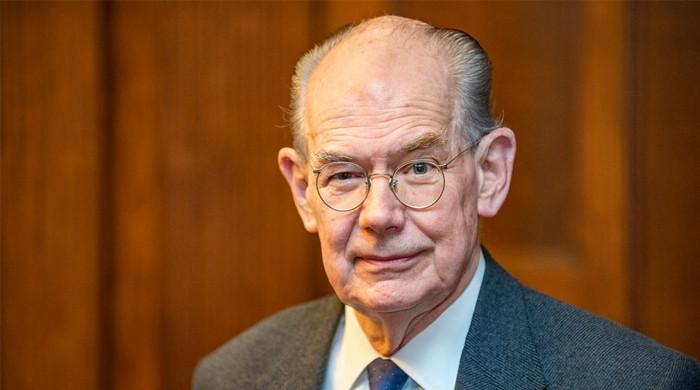US lawmakers introduce bill against deepfake AI after Taylor Swift controversy
Abusive deepfakes of Taylor Swift draw 45 million views making US lawmakers take action
February 02, 2024

Legislators from both parties in the US have put out a bill to halt the dissemination of dangerous and abusive pornographic films and photos in an effort to curb the serious problem caused by deepfake AI on the internet.
The DEFIANCE (Disrupt Explicit Forged Images and Non-Consensual Edits) Act of 2024 is a new law that will make those responsible for disseminating such abusive content answerable by enabling victims —particularly women — to sue those responsible for "digital forgeries."
This is in response to artificial intelligence-generated, simulated, sexually explicit images of well-known singer and global pop star Taylor Swift that appeared on several social media sites.
Advanced technology is used to generate deep fakes, which typically include sexual and non-consensual content and appear authentic.
The US Senate Committee on the Judiciary released a press release stating that a 2019 study revealed that 96% of deepfake videos contained non-consensual pornography.
Interesting Engineering reported that a particularly abusive deepfake featuring Swift received 45 million views and 24,000 reposts.
X, formerly Twitter, acted decisively, banning the account of the original poster as well as targeting other accounts that shared similar material after the contentious image remained up for 17 hours before being taken down.
“Nobody—neither celebrities nor ordinary Americans—should ever have to find themselves featured in AI pornography,” said Josh Hawley, US Senator (R-MO). “Innocent people have a right to defend their reputations and hold perpetrators accountable in court. This bill will make that a reality.”
The DEFIANCE Act states that even though the visual material may be fake, the people who are impacted by the spread of these sexually explicit deep fakes may lose their jobs and experience long-term psychological effects like anxiety or sadness.
Images depicting the victim engaging in graphic or sexual behaviours are generally covered by the law. The statute also protects victims' privacy throughout court processes and increases the amount of time that victims have to file a lawsuit.











